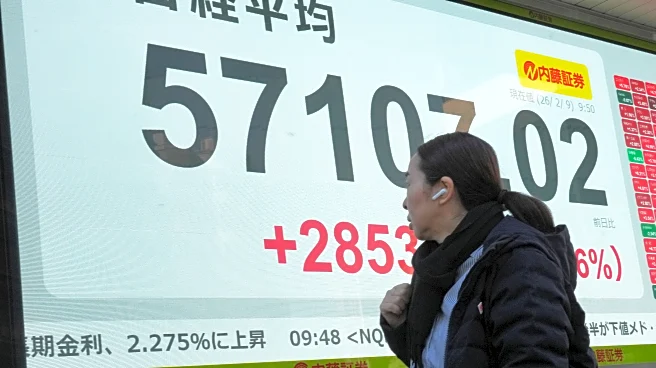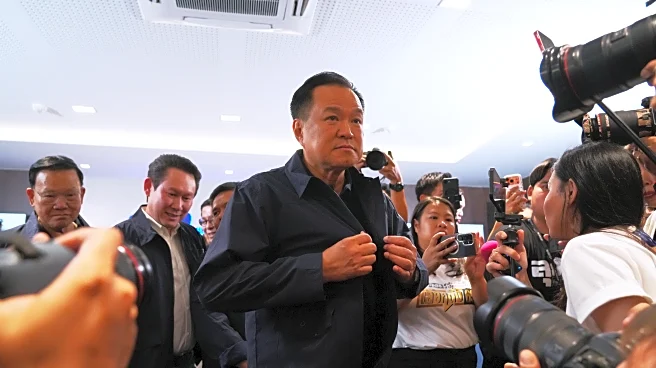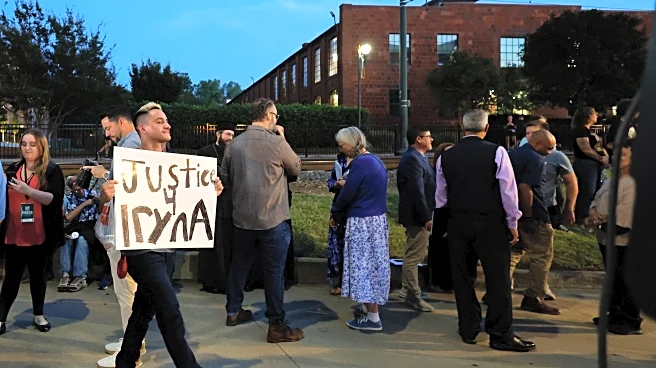What is the story about?
What's Happening?
The U.S. Court of Appeals for the Seventh Circuit has introduced a new standard for Fair Labor Standards Act (FLSA) collective action notices, known as the Richards framework. This decision adds complexity to the existing circuit split over notices to potential plaintiffs, potentially leading to Supreme Court involvement. Concurrently, the U.S. Department of Labor (DOL) has relaunched its Payroll Audit Independent Determination (PAID) program, allowing employers to self-report FLSA violations to avoid litigation or liquidated damages. Additionally, the DOL has scaled back penalties during wage and hour audits, focusing on compliance rather than punitive measures.
Why It's Important?
The Seventh Circuit's new standard and the DOL's program changes represent significant developments in employment law, affecting how businesses manage compliance and litigation risks. The Richards framework could influence how collective actions are handled, impacting legal strategies for both employers and employees. The relaunch of the PAID program offers a voluntary compliance option, potentially reducing litigation costs for businesses. These changes may lead to a shift in how companies approach wage and hour compliance, emphasizing proactive measures to avoid legal challenges.
What's Next?
Businesses should assess the implications of the Seventh Circuit's decision and the DOL's program changes on their compliance strategies. Legal experts may anticipate potential Supreme Court involvement due to the circuit split, which could further impact employment law practices. Companies are likely to explore the PAID program as a means to mitigate litigation risks, while also adjusting their audit procedures in response to the DOL's scaled-back penalties. Stakeholders, including labor advocates and business groups, may react to these developments, influencing future policy discussions.
















